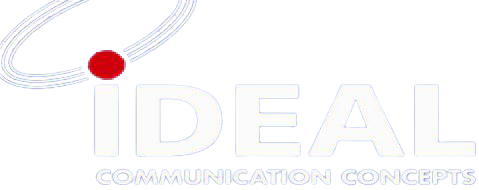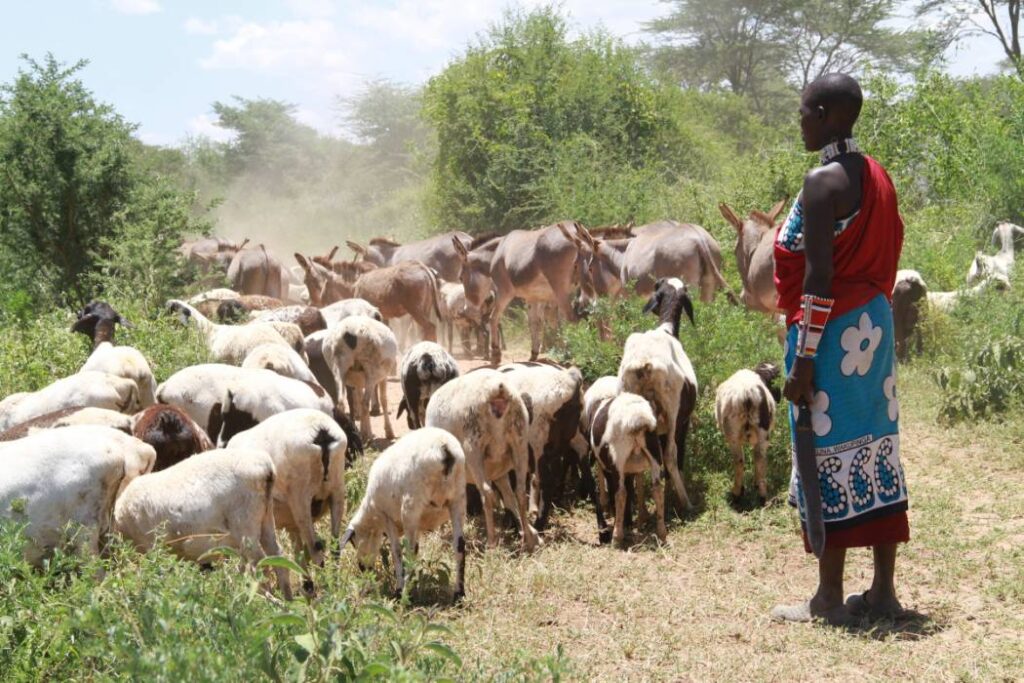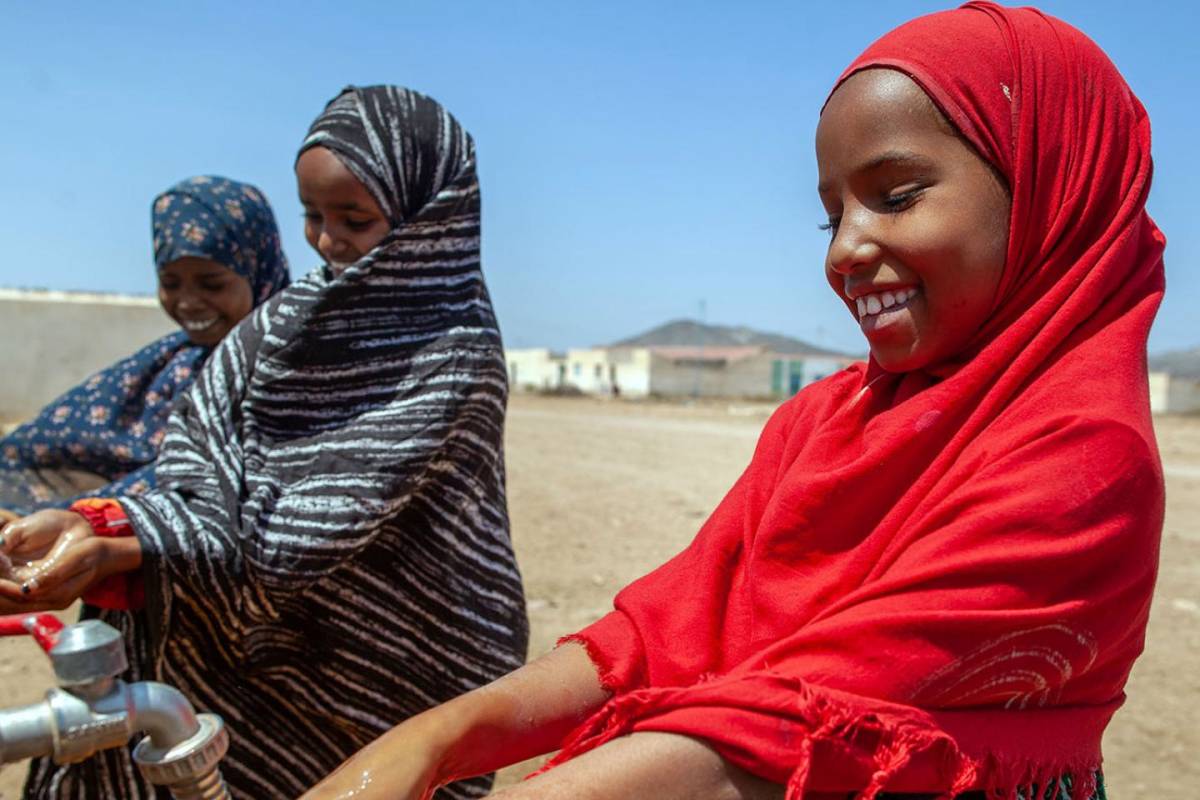She is on a wheelchair, using all the best of her biceps on the wheel to get to her market stall for the day. Janet (not her real name) passes through a rugged terrain twice a day as she cycles to her self-employment station. It rained heavily last night and it has been so, for about two weeks.
Janet is only but part of the vulnerable, especially Persons with Disability, children and women who are the most affected by climate change in Africa. Much as Africa has demonstrated political goodwill, by for instance in 2015, being the first continental region to adopt a position on climate change through the Younde declaration, allocation of fiscal resources has suffered a legislative starvation, in that, no adequate budget has been allocated to implement climate change related interventions.
Africa, has not been spared from not walking effectively within the path of Article 11 of the the United Nations Convention on the Rights of Persons with Disabilities (UNCRPD). It reads:
Situations of risk and humanitarian emergency affirms that States Parties shall take, in accordance with their obligations under international law, including international humanitarian law and international human rights law, all necessary measures to ensure the protection and safety of persons with disabilities in situations of armed conflict, humanitarian emergencies and the occurrence of natural disaster.
During the 2012 Rio+20 a huge amount of US$513 billion was committed for Africa to among other climate mitigation activities, plant trees, preserve forests and empower women through climate funding initiatives. The effective delivery of the outputs from these funding remains a challenge and its no wonder therefore that Persons with Disabilities, women and children continue to live under the canopy of ramifications of climate change. However there is still hope in that, the Sendai Framework for Disaster Risk Reduction 2015- 2030 emphasizes disability inclusive disaster risk reduction. In this framework, it is stated that knowledge and leadership skills from women and people with disabilities are an essential element to governments building resilience, inclusivity and societies with equity.


